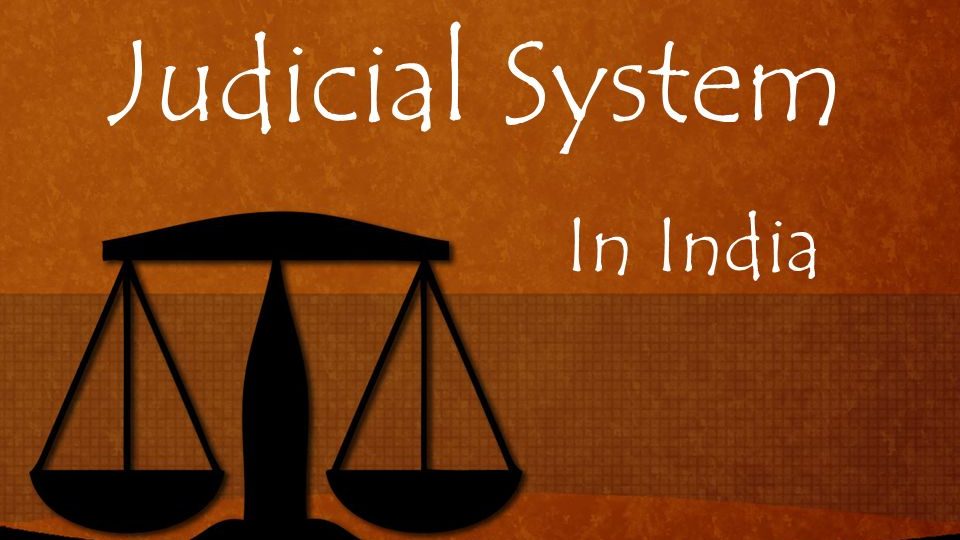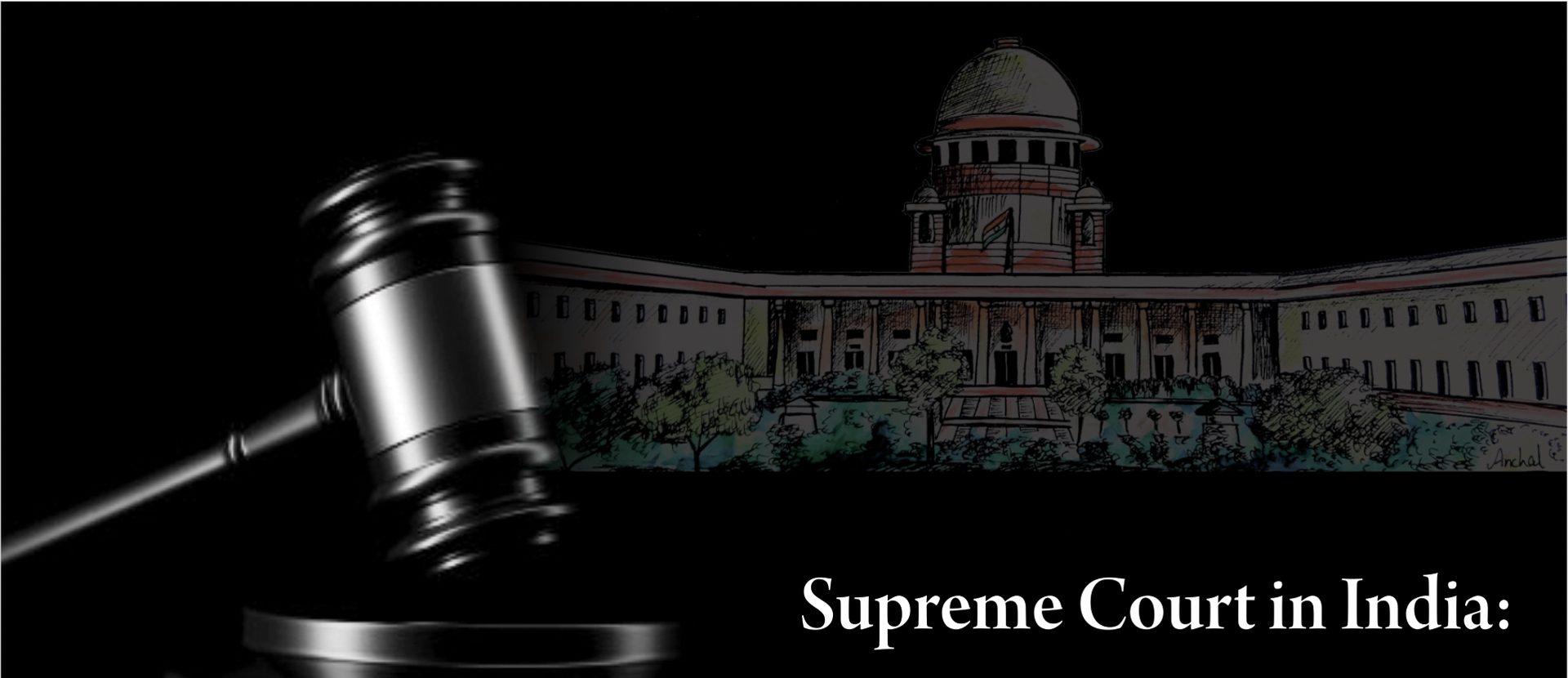- The judicial system in our country is viewed as the last resort for common citizens to not only seek justice but also obtain rightful relief as applicable. It is well known how the extremely labyrinthine processes synonymous with hurdles mar the system. Thankfully, the higher judiciary Constitutionally mandated to uphold the law of the land is held in high esteem for its impartialness, unbiased treatment, integrity, and measured rulings on matters of importance. We know the most significant bane of the nation is corruption, and the higher judiciary is always considered as an institution untouched by the much-despised muck.

PC: Vidhi
- However, what is not so well appreciated is the lengthy processes and time taken to adjudicate matters to clear cases coming up for hearing. Several efforts are undertaken to address this glaring anomaly but have achieved less than satisfactory results so far. There are millions of undertrials languishing in jails for want of hearing proving the adage justice delayed is justice denied is followed in its entirety here. As in other sectors/verticals, it is imperative the justice delivery system also adopts welcome reforms which will go a long way in helping the citizens’ cause. One such effort was recently attempted by the Supreme Court to solve the justice system’s crushing case pendency.
- Note that the Supreme Court will examine whether those appealing their convictions and who have already served long incarcerations should be given other options. This move was prompted by the UP government’s data that a staggering 1.83 lakh appeals against trial court convictions are pending before the Allahabad high court. Appallingly, Allahabad HC disposed of a mere 5,231 appeals in its best year implying that waiting periods for hearing an appeal could be as long as a mind-boggling 35 years. Mind you, the right to appeal is intrinsic to the legal process but such a long wait makes an utter mockery of justice.

PC: Lloyd Law College
- Convicts have a chance of getting acquitted by a higher court in appeals that raise doubts over the quality of evidence presented to trial courts. For that to happen, the appeals have to be first heard. Hence, the SC’s suggestion of plea bargaining. Plea-bargaining in India can let those in jail for years out, reduce burdens on courts, and jails. Millions also are deprived of fair hearing. Recently, Bombay HC declared four persons innocent in two different murder convictions, after a jaw-dropping 22 and 24 years, respectively. Such examples make options like plea bargaining worth considering. Another glaring lacuna is slow-paced judicial appointments as 411 of 1,098 sanctioned judicial posts at HCs lie vacant. How this could be corrected/addressed?
- Note that HC judges retire at 62 and SC judges continue till 65. There is no rational explanation for this discrepancy. Since the retirement date of every judge is known in advance, why replacement lists are not ready beforehand raises questions. Understand, Article 224A provides for retired judges to be reappointed to HCs. Why is this provision not explored to its fullest is unknown? Therefore, it is incumbent that both judiciary and executive arrive at a common ground to usher in desperate reforms to ensure speedy delivery of justice for millions. A well-oiled judicial system ensures the nation’s march ahead is seamless and in consonance with other equally important growth sectors.





